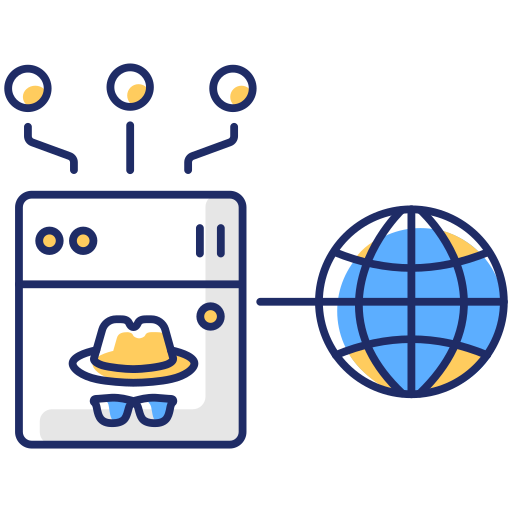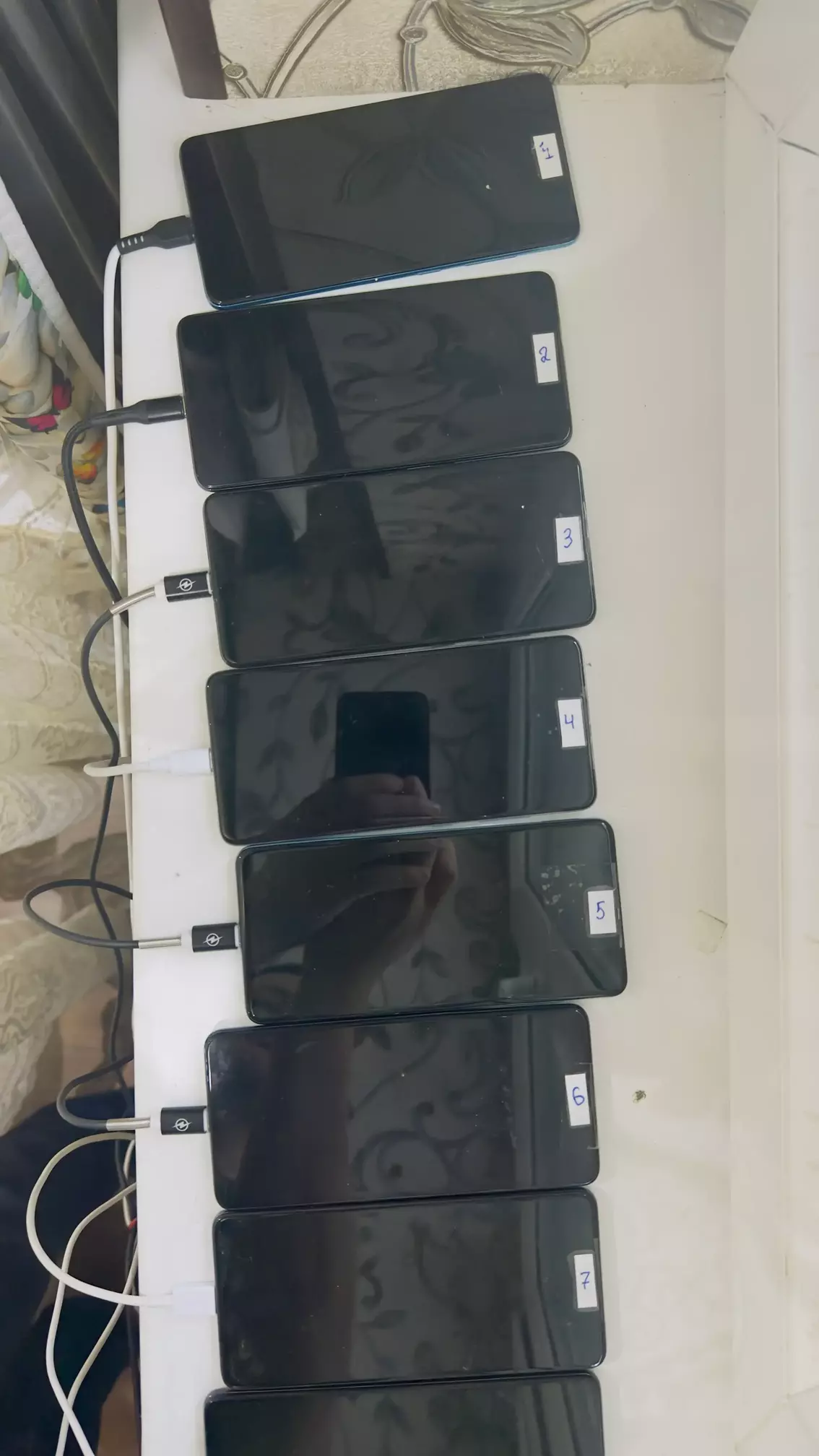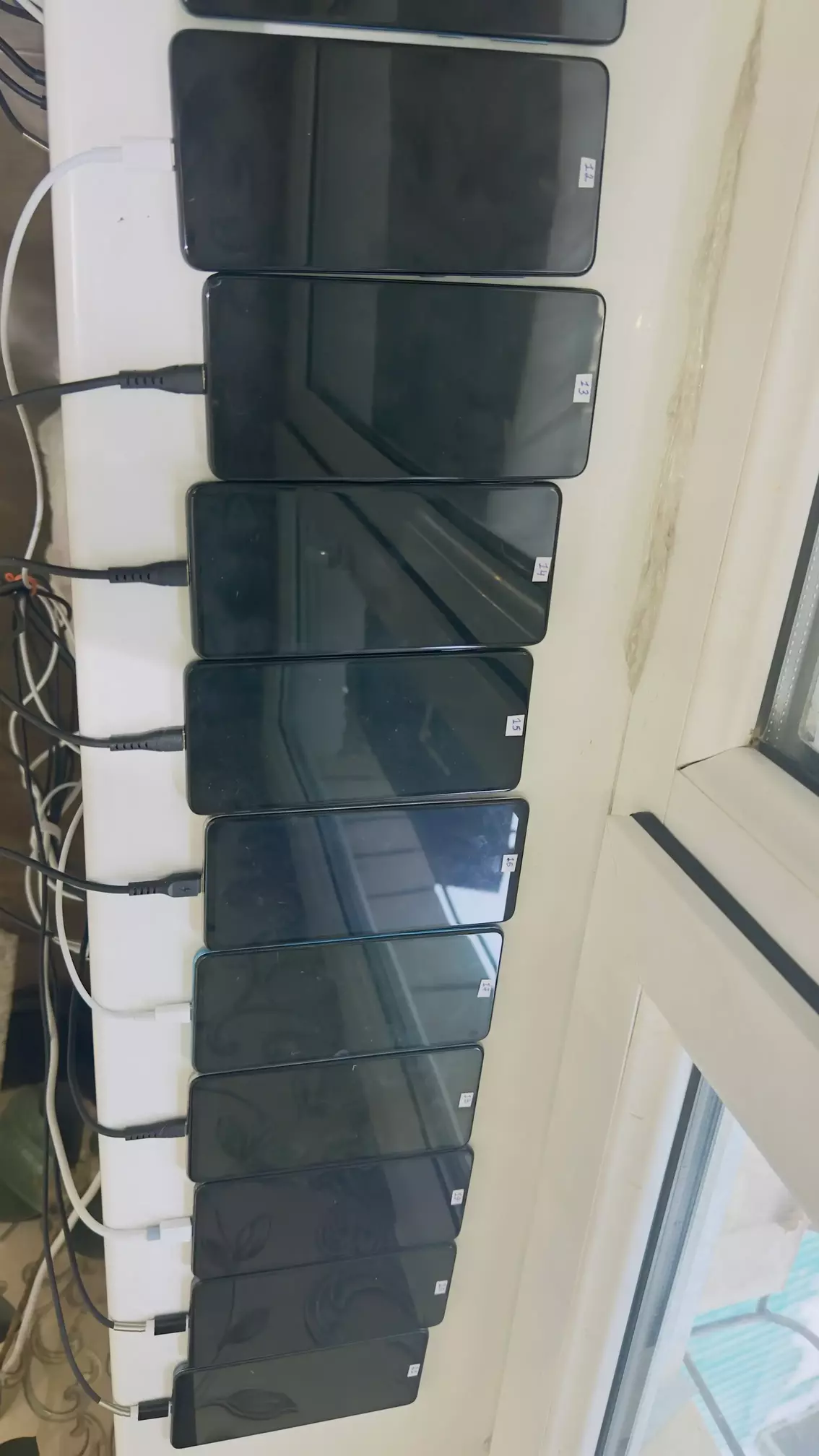
Mobile proxy of Uzbekistan
Our service offers rental of mobile 3G/4G/LTE proxies in Uzbekistan, giving you the opportunity to ensure the security, anonymity and geographic localization of your Internet traffic. Mobile proxies are becoming an effective tool for users who need to change their IP address, bypass geographic restrictions, or improve online security.
Our servers are located in Uzbekistan, which allows you to simulate being in this country when interacting online. This can be useful for testing websites, analyzing competitors, and improving the effectiveness of local marketing campaigns.
By choosing our service, you get reliable mobile proxies with high connection speeds, ensuring stable and secure data transfer. Our team provides support and guarantees the confidentiality of your online activities. Give your internet experience a new level of freedom and security with our mobile proxies in Uzbekistan.
======================================
I sell a mobile proxy in Tashkent, the capital of Uzbekistan
• Operators: Beeline, Ucell, Uztelecom
• Private, you will be the only user
• Speed: up to 25 Mb/sec (10-20 Mb/sec average)
• Change IP: via link, time rotation, bot connection.
• Socks5/http
• Ability to issue +UDP config
Technical support seven days a week, test period.
Payment in USDT.
Wholesalers discounts ✅
Order: @proxy_mobile_uz
======================================
What is a mobile proxy?
A mobile proxy (or mobile IP proxy) is a service that provides the ability to use mobile devices (usually smartphones) to route Internet traffic through its servers. This type of proxy server is often used to change or hide the user's real IP address, thereby providing anonymity and bypassing geographic content restrictions.
Proxy servers generally act as intermediaries between the user's device and the Internet resources it requests. Mobile proxies add to this the aspect of using mobile devices to more effectively bypass blocks and filter traffic.
However, it is worth noting that the use of mobile proxies may be associated with security risks and violation of the terms of use of services. Users should be careful when selecting and using such services.
How do mobile proxies work?
Mobile proxies work as an intermediary between your device and the Internet, routing your traffic through their servers and using mobile devices (such as smartphones or tablets) as intermediate nodes. Here's how it usually happens:
Connect to a mobile device: The user connects to the mobile proxy server using a mobile device, for example, installing a special application or configuring the corresponding connection settings.
Proxy routing: All Internet traffic from the device is routed through the mobile proxy server. The proxy changes the device's IP address to its own, which can be useful for providing anonymity or bypassing geographic restrictions.
Request Forwarding: When a user sends a request to the server, the proxy forwards that request from its own IP address. This can be useful for hiding your real location or for bypassing IP blocks.
Receiving responses: The proxy receives a response from a server on the Internet and transmits it back to the user's mobile device.
Encryption and security: Some mobile proxies provide data encryption, which increases the security of information transfer between the user's device and the Internet.
The effectiveness of mobile proxies depends on their quality and reliability. Users can use mobile proxies for various purposes, such as anonymity, bypassing blocks, testing websites and other tasks that require changing the IP address or geolocation.
What is the difference between mobile proxies and regular ones?
The difference between mobile proxies and regular ones is that mobile proxies use mobile devices such as smartphones or tablets as intermediate nodes for routing Internet traffic. Here are the key differences:
Device Usage: Mobile proxies use mobile devices to route traffic, while regular proxies may use servers in data centers or cloud resources.
Mobile IP address: Mobile proxies provide mobile IP addresses, which can be useful for bypassing blocks, changing geographic location and providing anonymity.
Mobility: Mobile proxies can simulate a mobile connection, which adds an element of mobility to Internet traffic. Regular proxies can be static and use fixed IP addresses.
Purpose of Use: Mobile proxies are often used for purposes such as bypassing content blocks, testing mobile applications, and providing anonymity on mobile devices.
Both types of proxies act as an intermediary between the user and the Internet, but mobile proxies are targeted at mobile devices and may be more convenient in certain use cases.


